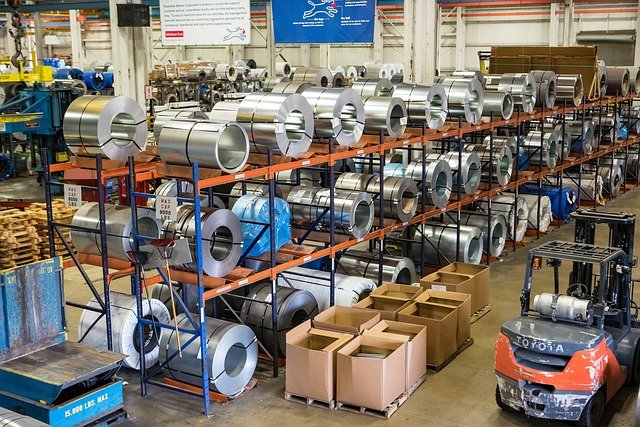Automotive Mechanic Training: Your Complete Career Guide
Thinking about a career as an automotive mechanic? This in-depth guide covers everything from entry requirements and hands-on training to certifications like ASE, estimated training costs, and job outlook. Learn how vocational programs, apprenticeships, and manufacturer training can prepare you for a growing, tech-driven field.

The automotive repair field is changing fast. As modern vehicles incorporate more electronics, hybrid systems, and alternative fuels, the skills required of technicians are expanding. Effective mechanic training now blends technical instruction with safety practices, customer-service skills, and an ability to learn new diagnostic tools and vehicle technologies.
Educational Pathways and Requirements
A high school diploma or equivalent is typically the baseline for entering the trade, but many mechanics advance their careers through postsecondary education. Options include short certificate programs, two-year associate degrees in automotive technology, and manufacturer-sponsored courses that focus on specific makes and models. Program lengths vary from a few months for basic certificates to around two years for associate degrees. Choosing a program depends on your career goals: certificate tracks are often quicker to enter the workforce, while associate degrees can open doors to higher-level roles and specializations.
Hands-On Learning: How to Build Practical Skills
Classroom instruction is important, but hands-on practice is what builds competence. Many schools integrate co-op placements or internships that place students in real repair shops, offering practical experience and networking opportunities that often lead to full-time work. If you are not in a formal program, consider entry-level positions such as shop helper or an apprenticeship. Working under seasoned technicians lets you apply classroom theory to diagnostics, maintenance, and repairs while gradually taking on more complex tasks.
Certifications and Professional Credentials
Industry credentials validate a mechanic’s expertise. The National Institute for Automotive Service Excellence (ASE) is one of the most respected certifying bodies. ASE offers tests across multiple specialties—engine repair, brakes, electrical systems, and more—and many employers prefer or require ASE-certified technicians. Certification can improve employability and pay. ASE recertification is required every five years, ensuring technicians stay current with evolving vehicle technologies and repair methods.
Typical Costs of Training
Training expenses vary widely based on program type and the institution you choose. Below are general cost ranges to help set expectations:
- Certificate Program (Community College): $5,000 - $10,000
- Associate Degree (Public College): $10,000 - $25,000
- Specialized Manufacturer or Private Institute Training: $20,000 - $50,000
- Apprenticeship (Employer-Sponsored): Low cost to student, often paid on-the-job
These are estimates and can change with location and school. Many students offset tuition with financial aid, scholarships, grants, or payment plans. Higher initial investment in training can lead to stronger job prospects and higher lifetime earnings.
Career Outlook and Opportunities
Demand for trained automotive technicians remains steady as vehicles grow more complex and automotive ownership continues. Opportunities exist across dealerships, independent shops, fleet maintenance, and specialty areas such as classic car restoration, performance tuning, or hybrid and EV servicing. Experienced technicians with certifications and specialized skills can move into supervisory or management roles, become shop owners, or focus on niche markets.
Final Thoughts
Becoming an automotive mechanic combines technical learning with practical, hands-on experience. Pursue a mix of classroom education, real-world training, and ongoing certification to stay competitive. Emphasize safety, customer service, and adaptability to new automotive technologies to build a resilient and rewarding career in this evolving industry.






